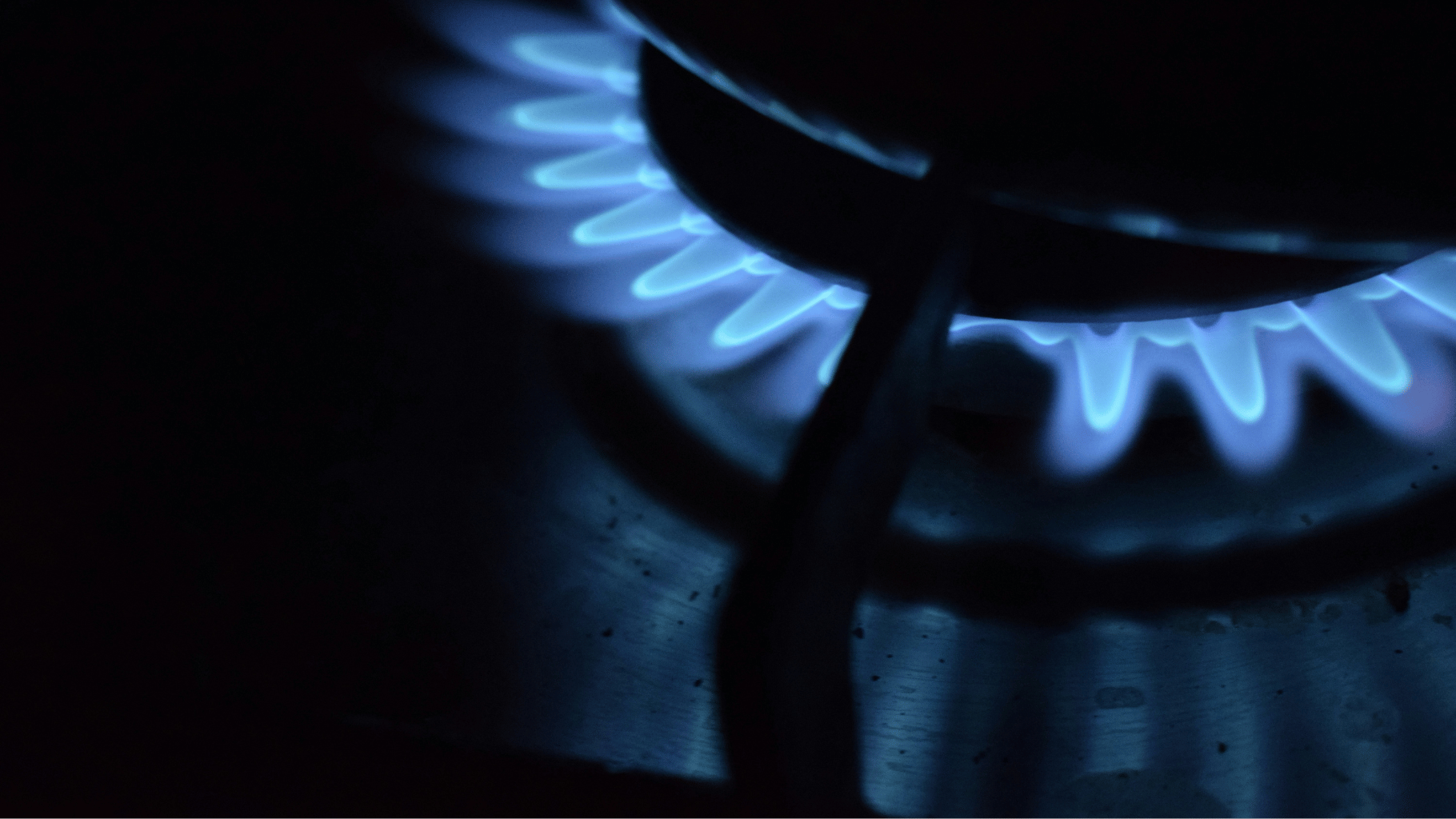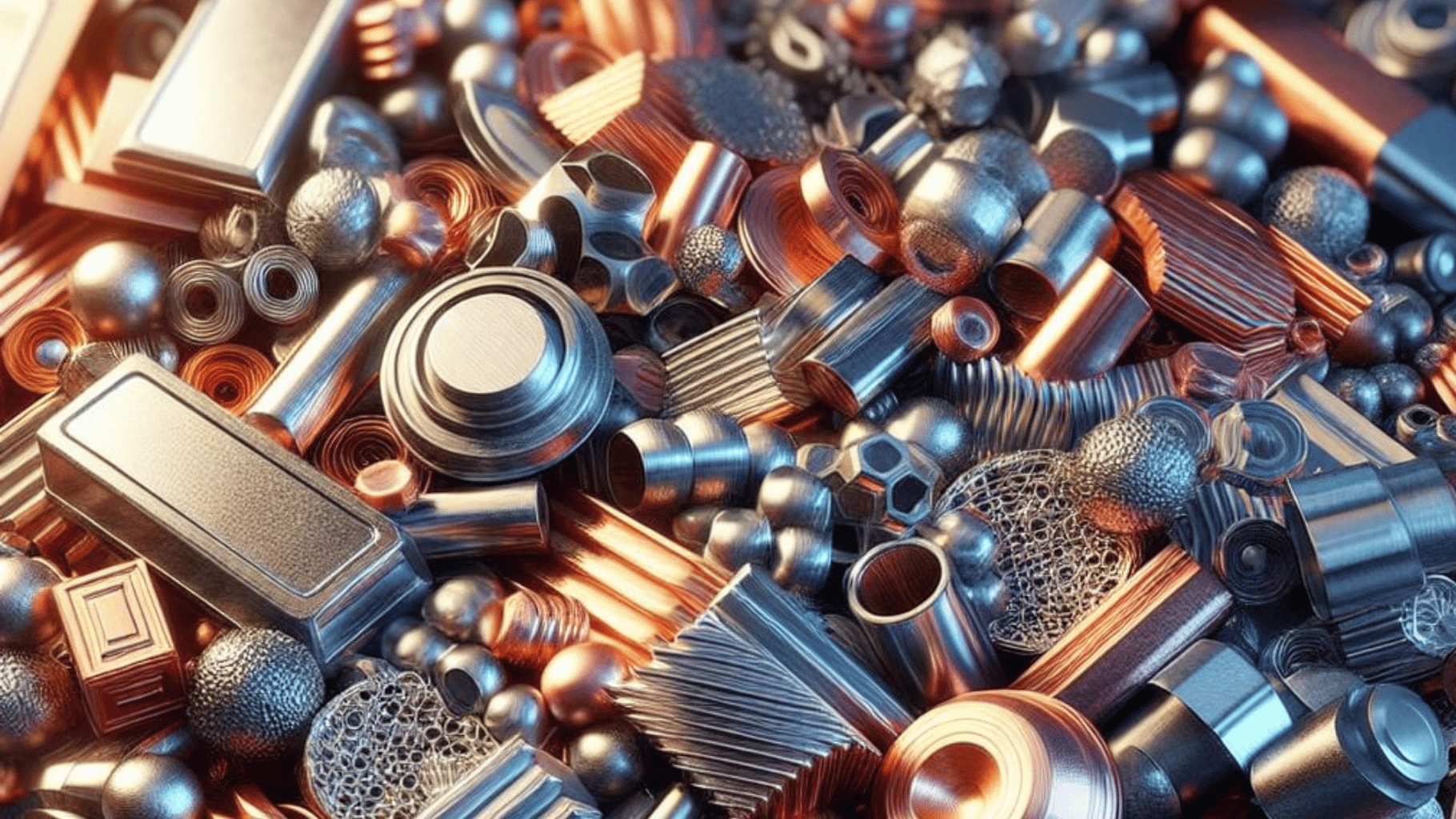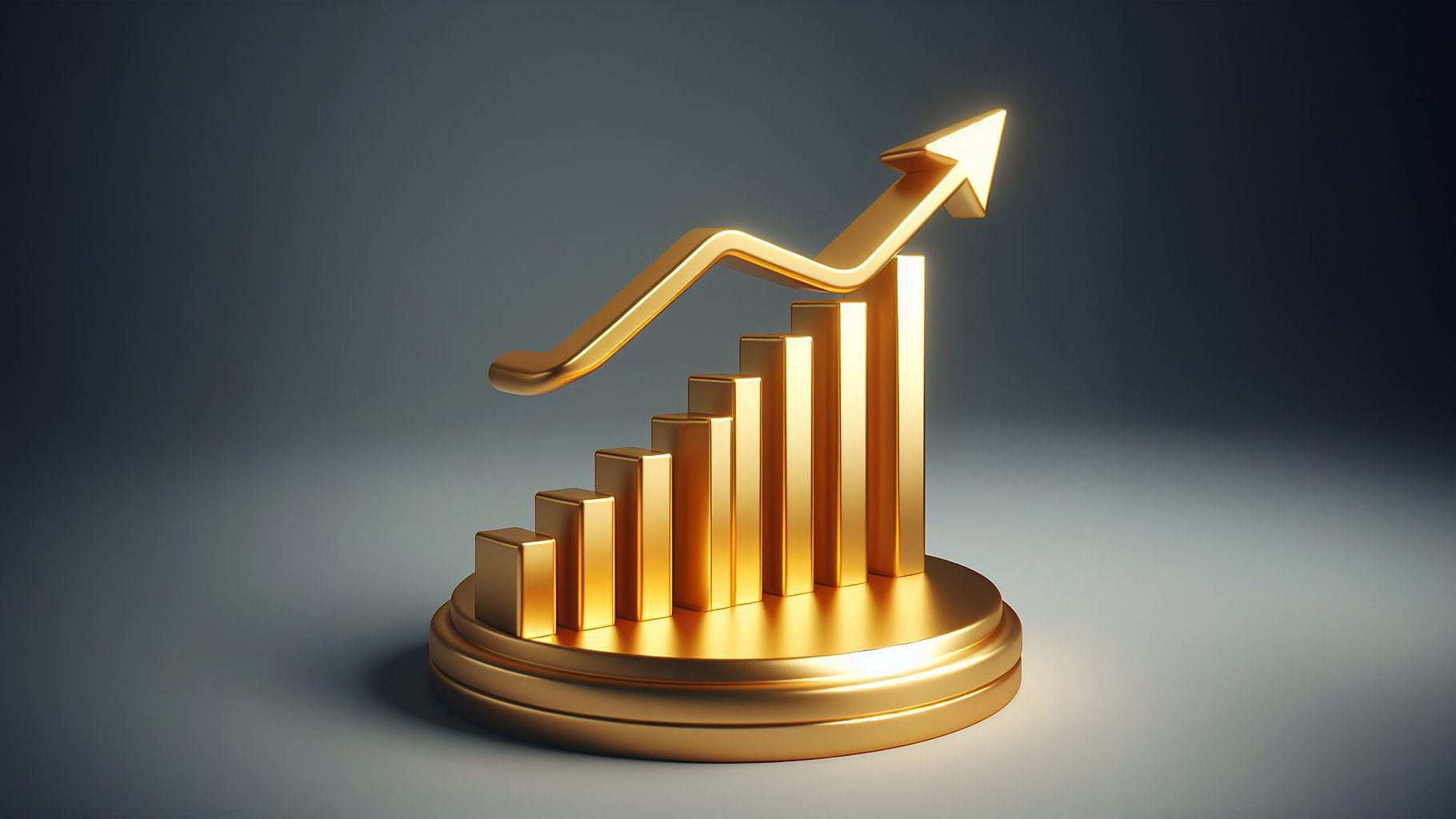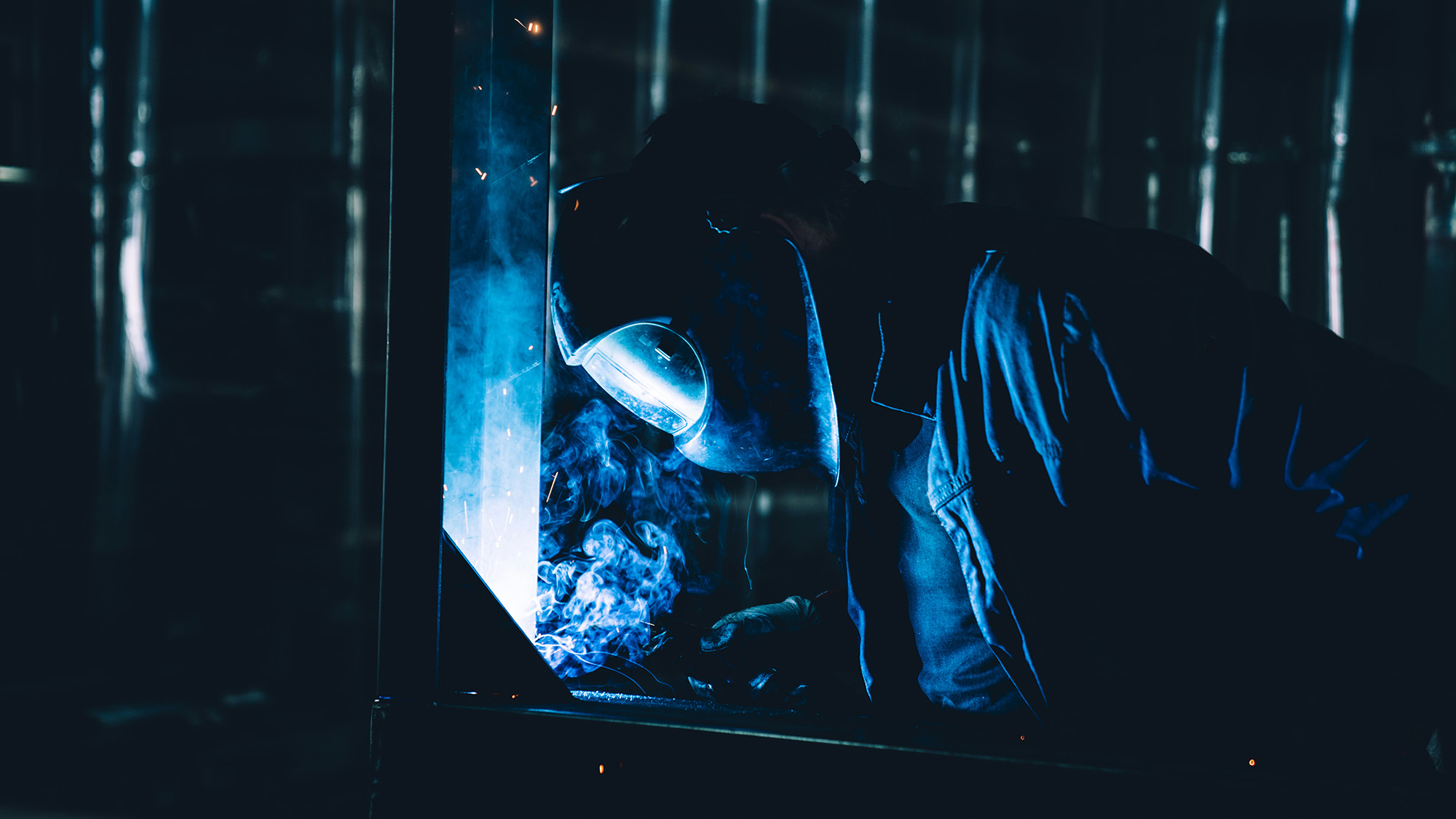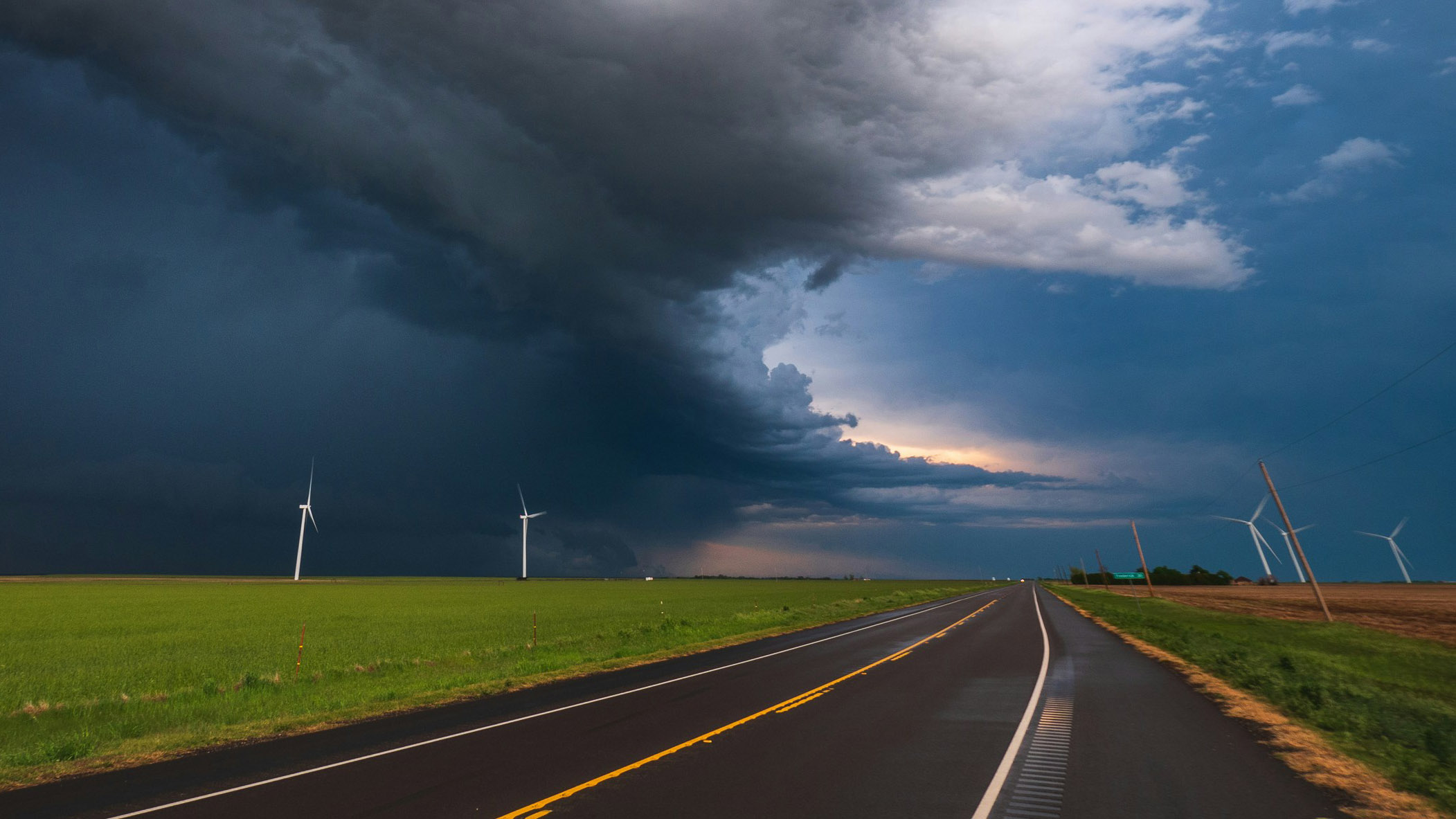Ever since the United States passed its US$369 billion Inflation Reduction Act, resources companies around the world have been burnishing the various credentials which make them eligible to share in the spoils of what appears to be a very large pot of ‘free’ money (and why wouldn’t they?).
The premise appears pretty simple. In an effort to break the stranglehold China has on the processing of commodities and avoid the sort of geo-political risks that come with such monopolised supply chains, the US is looking to support alternative processing infrastructure that will assist in decarbonising its economy.
But it becomes a bit more nuanced once you try to work out exactly which countries, companies and individuals are eligible, and which should be excluded from the process.
No doubt on the back of a few parties trying to bend the rules through cute ownership structures or domiciliation, the US Department of Energy has this week come out with updated rules as to who is actually eligible.
The new rules identify a Foreign Entity of Concern (“FEOC”) as any company more than 25 per cent owned by Chinese, North Korean, Iranian or Russian shareholders.
A key part of this designation is the fact that it collectively groups parties even if there isn’t any connection between them.
This presents an interesting conundrum for Australian resources companies, particularly those listed on the ASX. International investors are generally able to freely buy shares in Australian companies, although there are some FIRB limitations to contend with.
While company executives are free to deal with (or exclude) investor groups of their choice when considering placements and M&A transactions, they often don’t get much of a say if the shares are openly bought on the market.
Which leads to the potential conundrum. Whilst the US is busy trying to secure critical minerals from like-minded countries and companies, the new rules have already effectively excluded a number of quality companies due to the presence of some shareholders on the register.
In addition, the bar of 25% in aggregate means that some strategically deployed capital here and there around the world by China Inc could also render other deposits ineligible, leaving them with little choice for partners.
Lynas boss Amanda Lacaze recently told a business forum in Sydney that Australia shouldn’t give away ownership of its minerals firms, particularly in the ones critical for future businesses. Northern Minerals, another ASX-listed rare earth company is currently in the crosshairs of Chinese investors, with a Takeover Panel application underway to avoid what the company believes is a change of control by stealth.
After nearly two decades of the Australian economy being lifted by Chinese demand for iron ore and many companies, large and small, beating a path to Beijing to shore up scarce capital, the tide is turning.
Companies (and Governments) will need to dance a fine line between the geopolitical chest-beating of the US-China relationship when it comes to future financing options, with countries like South Korea emerging as a relatively safe hedge.
Arafura Rare Earths announced support from the Export-Import Bank of Korea as it looks to shore up offtake agreements with Kia and Hyundai, whilst ASM has commissioned and is operating the Korean Metals Plant in the Ochang Province. Other major Korean players including POSCO and LG have been active and supportive investors in the Australian resources sector.
White Noise communications is provided a fee for service working with companies which may have exposure to commodities or securities mentioned in these articles. All articles are the opinion of the author and are not endorsed by, or written in collaboration with, our clients.
Photo credit: Alexander Grey
